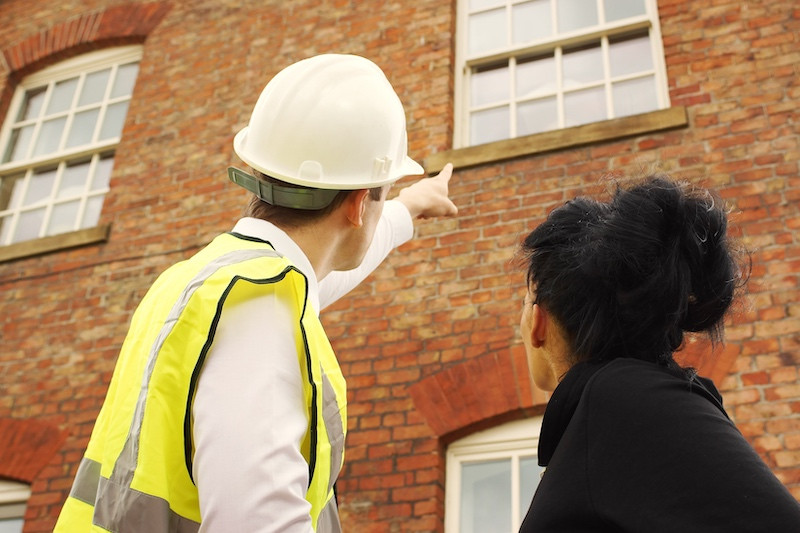
What does a surveyor do on a property visit?
A surveyor plays a crucial role in the property buying process by conducting inspections to assess the condition and value of a property. Here's a breakdown of what a surveyor typically does during a property visit and what buyers can expect:
1. Damp Inspection:
- Surveyors visually inspect the property for signs of dampness.
- They may use a damp meter to aid in the inspection.
- No invasive tests are performed, and no samples are taken for laboratory testing.
- They won't move furniture or personal belongings, and they can't inspect areas behind permanent fixtures.
2. Roof Inspection:
- Surveyors assess the roof's condition from the ground using binoculars.
- If possible, they will attempt to view the roof from windows or other vantage points within the building.
- If the roof is not more than three meters from the ground and safe to access, they may use a ladder for closer inspection.
- If roof coverings are not visible, this will be noted in the report.
3. Services Inspection:
- Surveyors do not test services (e.g., plumbing, electrical) during the inspection.
- They visually inspect services and provide condition ratings and advice in their report.
- If no recent certification is available for services, they recommend having them tested by qualified professionals.
4. Insulation Inspection:
- Surveyors assess the level of insulation within the roof space.
- They may comment on the presence of insulation in wall cavities.
- The survey report includes a section with information and advice on insulation within the property.
5. Subsidence or Structural Movement:
- Surveyors visually inspect main walls, using binoculars where necessary.
- They look for signs of structural issues, such as cracks in brickwork, misaligned windows/doors, sloping floors, and internal wall/ceiling cracks.
- The severity of any movement, its likely cause, ongoing issues, and the need for repairs or further investigations are determined.
- It's important to note that most surveys are not structural surveys; structural issues may require a separate assessment by a Structural Engineer.
Additional Information:
- Surveyors use the latest technology to gather accurate information during inspections.
- They also conduct desk-based research and make verbal inquiries to gather information about the property.
- Survey reports provide detailed information on the property's condition and often include photographs, condition ratings, and recommendations.
It's important to understand that the specific approach and depth of inspection may vary between surveying firms and the type of survey requested (e.g., HomeBuyer's Report, Building Survey). Buyers should choose the type of survey that best suits their needs and consult with the surveyor if they have specific concerns about the property's condition. The survey report is a valuable tool for buyers to make informed decisions about their potential property purchase.
Source Whatmortgage








